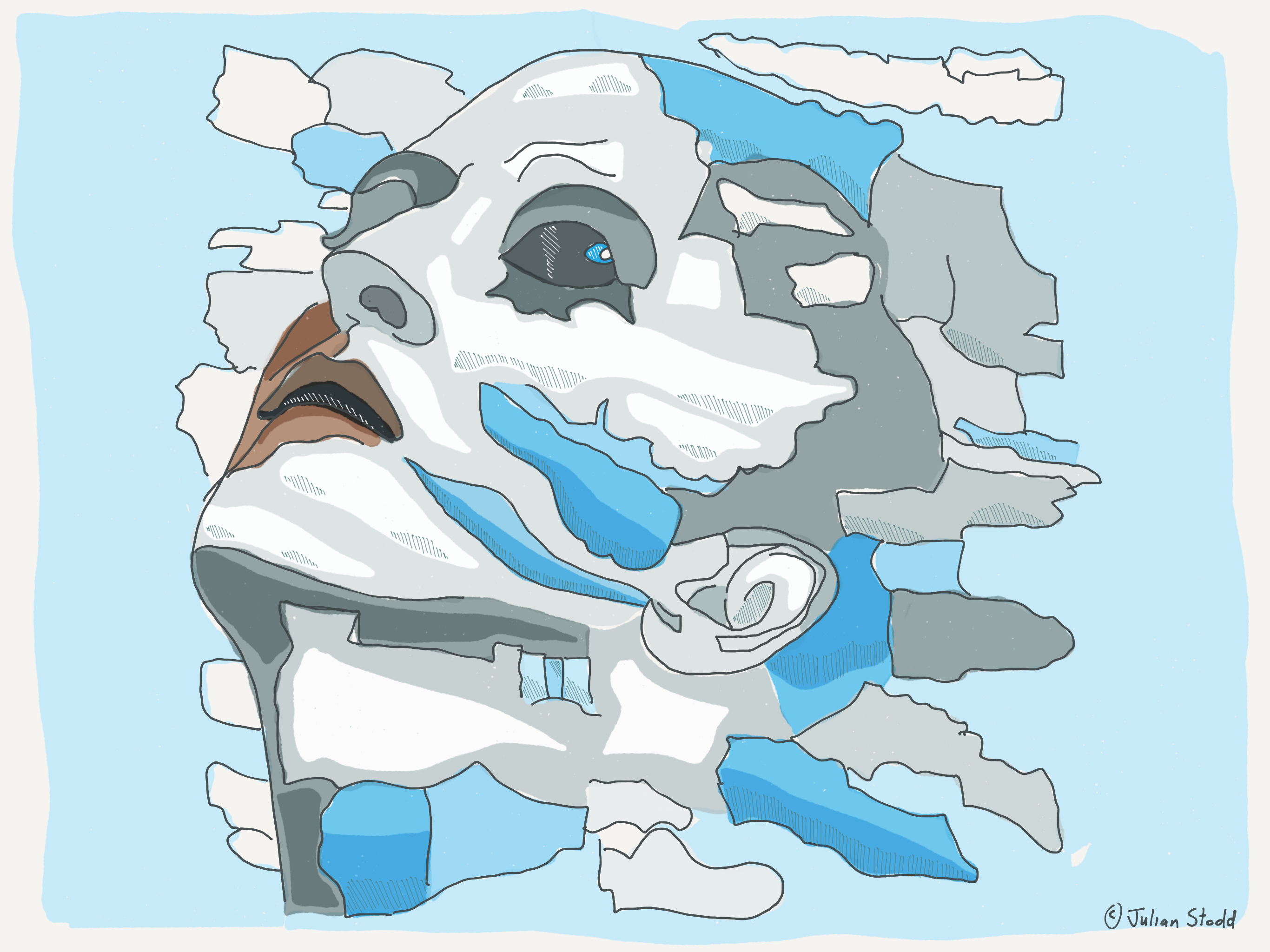
Exploring AI's Philosophical Role in Modeling Abstract Social Concepts
Key Points
- Research suggests AI can model abstract social concepts like morality and ethics through simulations, offering new ways to study social dynamics.
- It seems likely that AI, via agent-based modeling, helps simulate social norms, potentially advancing social science insights.
- The evidence leans toward AI enabling controlled experiments on sensitive topics, though philosophical debates about AI's understanding of morality persist.
- An unexpected detail is how AI's consistent moral application might challenge human ethical flexibility, raising questions about bias and accountability.
Introduction
As of March 3, 2025, artificial intelligence (AI) is reshaping how we explore abstract social concepts—morality, ethics, and social norms—that define human interactions. Historically, these intangibles eluded rigorous study due to limitations in scale, reproducibility, and control inherent in traditional methods like surveys and observations. AI, through social simulation and agent-based modeling, introduces a groundbreaking approach to represent and probe these concepts, unlocking philosophical dimensions previously inaccessible. This article delves into how AI transcends historical barriers, offering fresh insights into social science and beyond, while grappling with deep questions about the nature of understanding, morality, and human experience.
Understanding Abstract Social Aspects
Abstract social aspects—morality, ethics, and social norms—are the invisible threads weaving human society together. Morality guides judgments of right and wrong, shaped by culture and personal beliefs; ethics provides systematic principles for behavior; and social norms dictate shared expectations. These concepts, though foundational, resist quantification due to their fluidity and context-dependence, posing a challenge for traditional social science inquiry.
Historical Limitations
For centuries, social scientists leaned on surveys, experiments, and observational studies to unpack these abstractions. While illuminating, these methods faltered under constraints: surveys couldn’t scale to capture vast populations, experiments struggled to replicate nuanced human behavior, and observations lacked the control to isolate variables. The complexity of morality or the subtlety of norms slipped through these nets, leaving gaps in our ability to theorize comprehensively about social dynamics.
AI's Role in Overcoming These Limitations
AI shatters these barriers by simulating social environments with unprecedented precision. Agent-based modeling (ABM) crafts artificial societies where each agent mimics human decision-making, allowing researchers to observe how abstract concepts play out in controlled settings. Machine learning, meanwhile, predicts moral choices from data, and ethical simulations explore norm-driven outcomes. This scalability and reproducibility offer a new frontier, enabling experiments—like testing resource allocation in crises—that would be unethical or impractical in reality.
How AI Represents Abstract Concepts
AI translates the intangible into the testable through distinct approaches:
-
Agent-Based Modeling (ABM): Agents, programmed with human-like traits—beliefs, behaviors, moral rules—interact to reveal emergent patterns. For instance, simulating a community bound by ethical codes can show how norms evolve or collapse under pressure.
-
Machine Learning: Trained on vast datasets, AI predicts human responses to moral dilemmas. In the Moral Machine Experiment, deep learning models analyze choices in autonomous vehicle crashes—save the elderly or the young?—capturing the complexity of moral reasoning without assuming fixed patterns.
-
Ethical Simulations: These virtual societies embed moral dimensions to study policy impacts. How does a norm of fairness alter resource distribution? AI provides answers where real-world trials falter.
Philosophical Implications
AI’s leap forward isn’t just technical—it’s profoundly philosophical, challenging how we define understanding, morality, and knowledge itself.
Can AI Truly Understand Abstract Concepts?
AI simulates morality through patterns, not comprehension. It lacks the emotional depth or lived experience humans bring to ethical choices—a machine might weigh lives in a crash scenario with cold consistency, but does it grasp the weight? Philosophers debate whether true understanding demands consciousness, a frontier AI may never cross, even as artificial general intelligence looms on the horizon. This simulation-versus-understanding divide questions the authenticity of AI’s insights.
What Does AI's "Morality" Mean?
AI’s morality is a construct—programmed by humans or distilled from data, reflecting creators’ values or societal biases. Unlike human morality, shaped by emotion and context, AI’s version is rigid, algorithmic. It might enforce rules with unwavering precision, exposing human inconsistency, yet it misses the adaptability that defines ethical life. This raises a paradox: Does AI’s clarity enhance moral study, or does its sterility distort it?
Impact on Social Science Epistemology
AI offers a novel epistemology—a method to test theories in simulated worlds. Want to explore how trust shapes economies? Simulate it. This controlled lens complements traditional tools, enriching our grasp of social forces. Yet, validation looms large: Do these artificial outcomes mirror reality? The interplay with surveys and experiments could redefine how we know what we know in social science.
Ethical Concerns
AI’s power isn’t without shadows. Biases in training data can skew simulations, entrenching unfairness. Its opaque decision-making—often a “black box”—complicates accountability: Who answers when an AI’s ethical choice goes awry? And the risk of misuse, without oversight, looms over sensitive domains like moral modeling, demanding vigilance.
Case Study: Modeling Moral Decisions
Consider the Moral Machine Experiment, where AI predicts human choices in autonomous vehicle dilemmas—save pedestrians or passengers? Deep learning excels here, outpacing traditional models by capturing skewed moral preferences without rigid assumptions. It’s a window into human values, yet it underscores AI’s limit: It mirrors our choices, not our reasons, highlighting the philosophical gap between prediction and understanding.
Conclusion
AI’s ability to model abstract social concepts as of March 3, 2025, heralds a transformative era. By simulating morality, ethics, and norms, it offers social science—and beyond—a tool to probe the unprobeable, testing ideas once confined to theory. Yet, its philosophical stakes are high: Can a machine’s lens truly illuminate human experience, or does it merely reflect our shadows? As we harness AI to transcend historical limits, addressing its ethical and existential questions ensures this revolution enlightens, rather than obscures, the human condition.